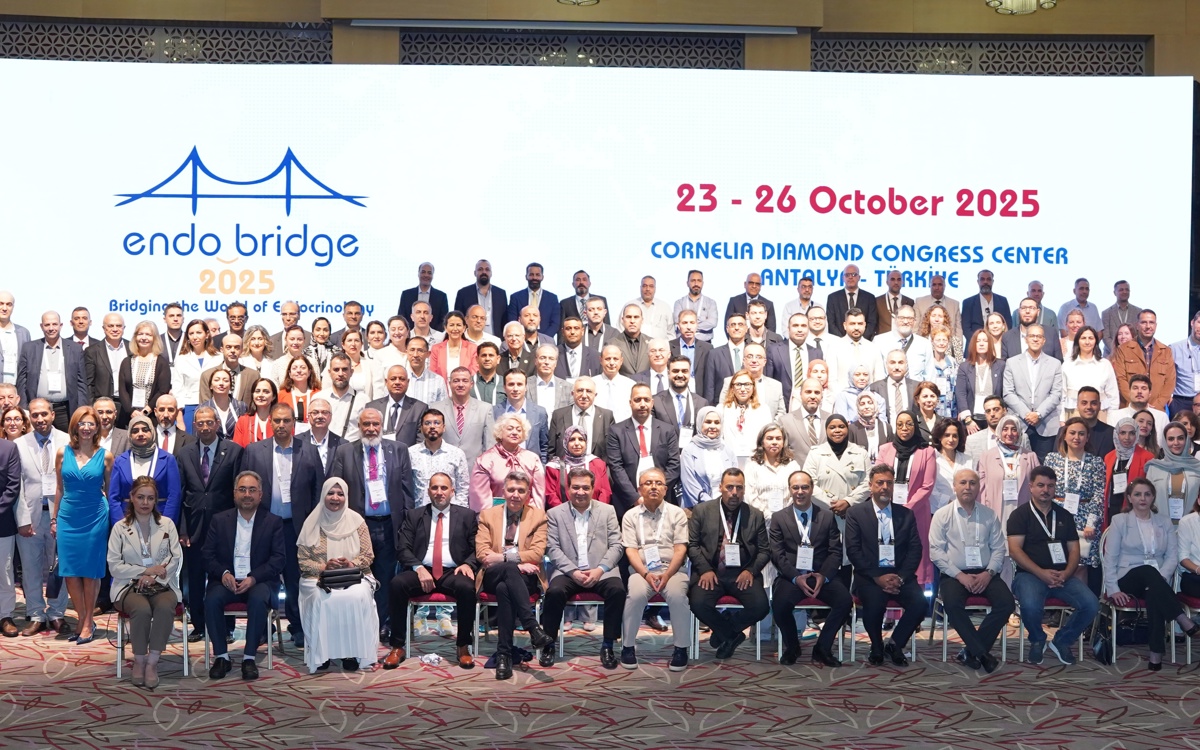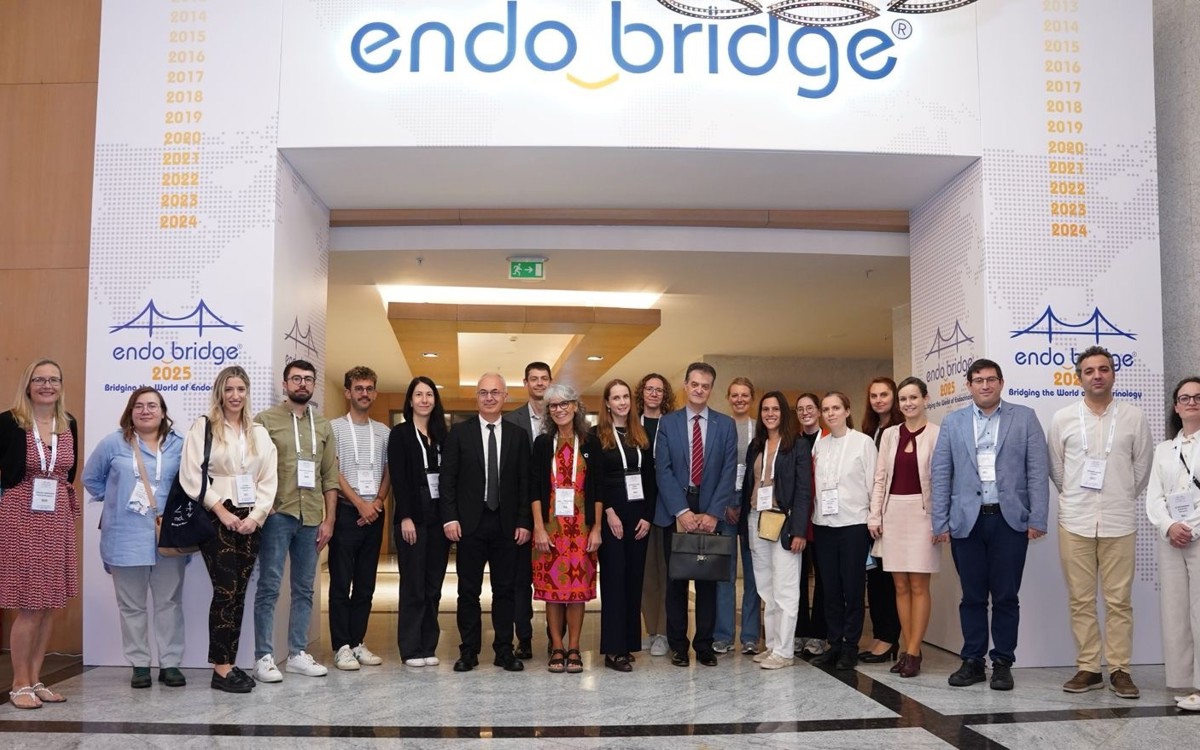Endocrine Disrupting Chemicals (EDCs) are substances that mimic, block or interfere with hormones in the body’s endocrine system. EDCs are found in everyday consumer items including detergents, flame retardants, food additives, children’s toys, sunscreen, textiles, anti-bacterial soaps, cosmetics, plastic bottles, metal food cans and pesticides. Recent studies estimate that EDCs contribute substantially to disease and disability across a person’s lifetime, costing hundreds of billions of Euros per year.
In recent years, EDCs have received increasing attention from endocrine researchers, regulatory authorities and public and political bodies at the EU and national level. The level of interest provided an opportunity for ESE to share its expertise at the highest political level and help with increasing awareness and ensuring the availability of independent scientific information available around EDCs.
In addition to improved policies and legislation, a coordinated funding effort is needed to stimulate independent research in this area. Without additional efforts, people will continue to be exposed to chemicals that can severely affect their health and well-being.
To this end, we established the Endocrine Disrupting Chemicals Working Group to guide our activities in this area, including ESE-supported conferences, workshops, training courses and other activities with a political and/or educational component.
Chair: Josef Köhrle (Germany)
Manuel Tena-Sempere (Spain)
Anna-Maria Andersson (Denmark)
Barbara Demeneix (France)
Evi Diamanti-Kandarakis (Greece)
Jorma Toppari (Finland)
Aleksandra Buha-Dordevic (Serbia)
Pauliina Damdimopoulou (Sweden)
Ayşegül Atmaca (Turkey)
Angel Nadal (Spain)
Terje Svingen (Denmark)
Vicente Mustieles (Spain)
Joëlle Rüegg (Sweden)
Olwenn Martin (United Kingdom)
Nicolas Chevalier (France)
The main goal of this Working Group is to speak as the voice of European endocrinologists on issues related to EDCs in order to be noticed and heard in the regulatory, executive, administrative, political, and public context.
The working group advises and uses its expertise to promote increased awareness of EDCs among policy makers at the EU and national level by sharing independent science through conferences, consultation responses, personal meetings, open letters and other forms of communication. The working group aims to intensify links to groups and networks already dealing with EDCs in related scientific disciplines such as (embryo-)toxicology, nutrition, and epidemiology. Where beneficial, the working group also prepares EDC-related information for ESE, its members and the wider endocrine community.
- Understanding REACH webpage.
- European Commission Endocrine Disruptors Q&A.
- PFAS Restriction Proposal
Watch the full recording of ESE event on EDCs in the European Parliament “Shaping an ambitious legislative framework for endocrine disruptors: A high-level panel discussion on the gaps between science and legislation" held on 7 June 2023.
The meeting brought together a broad variety of stakeholders to discuss the importance of an ambitious REACH revision while discussing progressing and remaining challenges in other areas including CLP, PFAS and Bisphenols.
Latest EDC activities
See the latest developments in our work to tackle EDCs, including position statements, petitions, press releases and consultations.
See recent news and announcements relating to environment and endocrinology.
Visit our Environmental Endocrinology Focus Area to see latest news, resources, publications, education and training on this topic.




